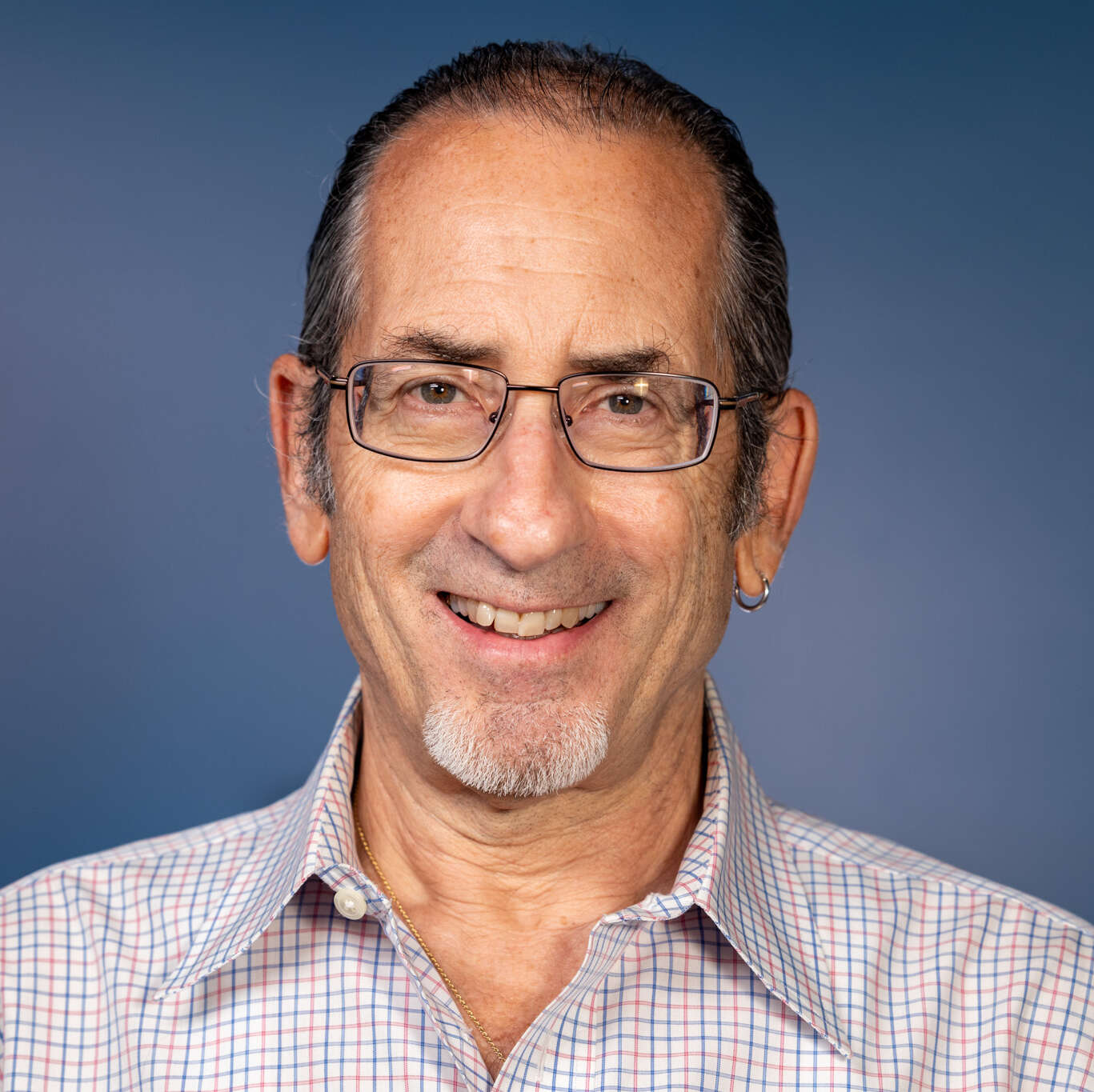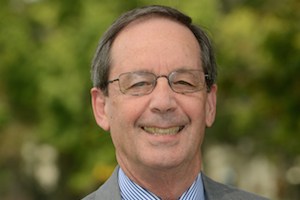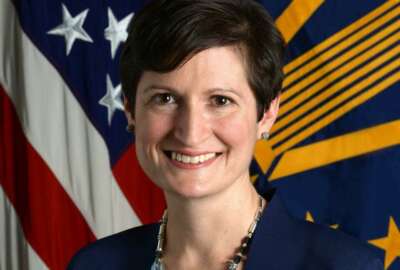The amazing public servants the public doesn’t know
How come the accomplishments of the Presidential Rank Award winners aren't shouted from the rooftops?
On a trip to the coffee maker, I encountered a colleague who basically reports on terrible things happening domestically and around the world. I said offhandedly, “I’m trying to find some good news this time of year!”
He answered, “Well, you’re the good news. Start there!” He didn’t mean “me” personally. Rather, he used shorthand for the idea that in a messy and confused world, sometimes a Dorothy Gale “there’s no place like home” approach is the way to think. Pride in and enthusiasm for work, one’s mental and vocational home, can be a great source of “good news.” Just ask the most recent cohort of Presidential Rank Award recipients.
So while people try to put 2023 in the proverbial rear view mirror, I’ll be presenting a series of interviews with a sample of Rank awardees in the coming days. People doing good without cynicism or hope of riches — how’s that for the holiday season in a year when all the news seems bad?
The Rank people, members of the Senior Executive Service or its equivalent in technical and scientific fields, do get rewarded with a substantial bonus. As a long-ago boss once remarked, “A pat on the back without a showing of the green is meaningless.”
But I would like to chide the White House. Every year, through the Office of Personnel Management, The White House releases the list — only a list. No titles, no individual offices or bureaus accompany the names, much less what they did to receive the award. Contrast that with the Service to America Medal finalist announcements. They come from the Partnership for Public Service with detailed case histories. In my Rank Award interviews, I have to lamely ask, in effect, how come you got this award?
Nomination paperwork does exist, but for some reason the administration — and not just the Biden administration — simply announce. In fact, one awardee is the OPM’s own Tim Curry, the top advisor on labor relations and employee accountability.
Yet these awardees have made important accomplishments. They make great stories, and each possesses a unique personality and domain of expertise. For instance, Bill Kustas of the Agricultural Research Service has for decades studied the mechanisms by which soil, moisture and temperature interact to affect crop yields and plant health. NASA’s Lori Glaze also studied, and now oversees other people who study, the soil on other places like Venus, Mars and the asteroids. Even what’s under the ice on a moon orbiting Jupiter. Whether studying soil under our feet or soil 444 million miles away, what they have in common is a steady, abiding enthusiasm for the work.
And they believe in public service for honorable reasons, not like grifting politicians. Tameka Owens, another USDA awardee, feeds people. More precisely, she’s the assistant administrator of the Food and Nutrition Service. She’s also the wife of an active duty soldier.
Joining the government? “Obviously you are in it for the money. You’re in it because you have the passion for helping others,” Owens said, adding, “Service is our primary service on this earth.” By the way, Owens’s award came because of a tremendous effort to convert the Supplemental Nutrition Assistance Program, known as SNAP, so it could accept online orders, deliveries and payments. This occurred nearly overnight early in the pandemic, when the rules didn’t allow it. She led a huge technical and regulatory effort.
Orice Williams Brown also received an award. Not a Presidential Rank Award, but rather the annual Award For Excellence in Public Service. It comes from the public administration and policy department at American University. Brown is chief operating officer of the Government Accountability Office. I joked that in her 30 years at GAO, she’d foregone maybe billions, literally billions, in compensation. How?
She joined GAO directly out of graduate school with a master’s degree in business administration, but said, “I did not set out to be a public servant. My plan was to work on Wall Street, and that was what I thought I was going to do with my life.” But it was a time of tough job prospects there, so she heard out GAO — an organization she’d never heard of — at a campus recruitment event.
“The mission of the agency intrigued me,” Brown said, even though she hadn’t otherwise considered federal service. “The very first week on the job, I knew this was going to be my career.” And it has been.
Those are a few of the stories. Watch and listen for more in the coming weeks. Enjoy your holidays in the meantime.
Copyright © 2025 Federal News Network. All rights reserved. This website is not intended for users located within the European Economic Area.
Tom Temin is host of the Federal Drive and has been providing insight on federal technology and management issues for more than 30 years.
Follow @tteminWFED






